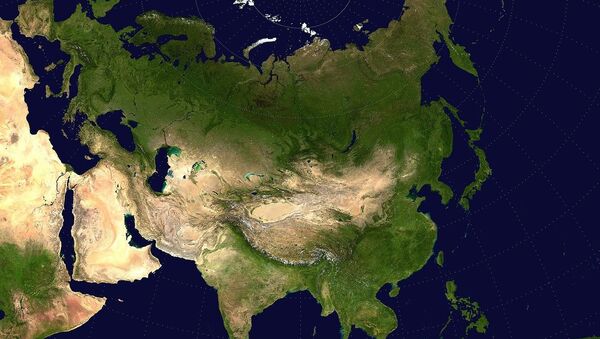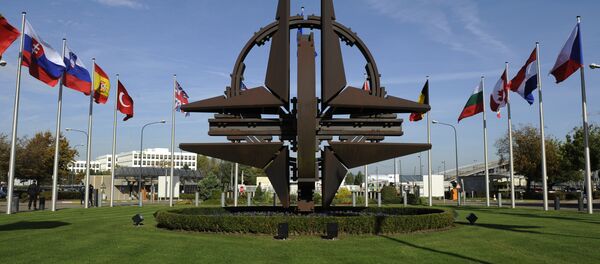In his analysis, published in the foreign affairs analysis website Voltaire Network, Meyssan laments that in spite of the assistance which Russia, Iran, and Hezbollah have provided to Syria to help eradicate the 'infestation' of jihadist terrorists, the Syrian Army has remained unable to achieve a decisive victory and to completely liberate the country.
"Every time the Syrian Arab Army beats the jihadists, new combatants arrive in Syria in their thousands," the expert writes.
This, Meyssan suggests, is a clear indication that this war is being fueled by the outside, "and that it will last as long as soldiers are sent to die." In this situation, "we must understand the exterior reasons which continue to maintain it. Then, and only then, can we elaborate a strategy which will spare lives."
Today, the analyst notes, allegations are made that the 'Syrian Spring' was "hijacked by other forces, and that the 'revolution', which never existed, has been devoured by jihadists who are all too real."
In his own time, Vladimir Putin pointed out that the behavior of Western and Gulf powers was incoherent. "It is impossible on a battlefield to combat both jihadists and the [Syrian government] while pretending to take a third position," the analyst said, paraphrasing the Russian leader.
But "the truth," Meyssan notes, "is that this war has no internal cause. It the fruit of an environment which is not regional, but global. When it was declared by the US Congress in 2003 through the Syrian Accountability Act, Dick Cheney's objective was to steal the huge reserves of Syrian gas. We know today that the 'Peak Oil' scare did not signal the end of oil reserves, and that Washington will soon be exploiting hydrocarbons in the Gulf of Mexico."
Therefore, "the strategic objectives of the United States have changed. Now they consist of containing the economic and political development of China and Russia by forcing them to engage in commerce exclusively by maritime routes which are controlled by [US] aircraft carriers."
Immediately afterward, Meyssan writes, "two conflicts appeared – first of all, the war in Syria was no longer directed at regime change, but at creating chaos, while the same chaos, for reasons which were no better, emerged in Ukraine. Then, Belarus moved closer to Turkey and the United States, expanding the northern barricade which splits Europe in two. Thus, two endless conflicts block both routes."
"The good news," the analyst notes, "is that no one can negotiate [an exchange of] victory in Ukraine [for] defeat in Syria, since both wars have the same objective. The bad news is that chaos will continue on both fronts as long as China and Russia do not manage to build another route."
Subsequently, Meyssan suggests, "there is nothing to be gained from negotiating with people who are being paid to maintain the conflict. It would be better to think pragmatically and accept that these are simply the means for Washington to cut the Silk Roads. Only then will it be possible to untangle the numerous competing interests and stabilize all the inhabited areas."



